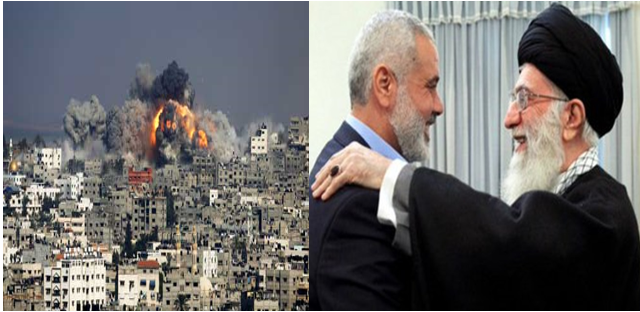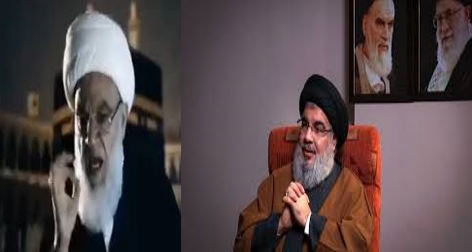
The Iranian regime, notorious for its brutal tactics, has a dark history of using its youth as human shields in conflicts, particularly evident during the Iran-Iraq War when it sent thousands of children and teenagers to clear minefields under the guise of “Liberating Jerusalem from Karbala.”
This regime is also responsible for forming and backing various proxy terrorist groups and assassination squads across the Middle East to advance its malign objectives. A particularly grim chapter in its history is the mass execution of over 30,000 political prisoners, most of whom were members of the People’s Mojahedin of Iran (PMOI/MEK), following an order by Ruhollah Khomeini, the founder of the Islamic Republic of Iran.

Recently, Alireza Panahian, a clergyman closely associated with Khamenei, shockingly dismissed the global efforts to counter warmongering. He trivialized the death of over 10,000 Palestinians, suggesting that the number is insignificant and could increase.
His comments were made during a conversation on a regime-affiliated TV network on November 8, where he implied that a war of attrition, aimed at destroying Western civilization in the region, is underway under the guidance of Hassan Nasrallah and Khamenei. The host of the television program expressed astonishment at Panahian’s brazen attitude towards the escalating death toll.

This extreme stance has drawn sharp criticism even from within groups traditionally aligned with Iran. Sheikh Subhi Tufayli, the former Secretary-General of Lebanese Hezbollah, condemned Khamenei’s actions, accusing him of trading with the blood of Gaza’s people for political gains.
Tufayli’s denouncement of Khamenei and other religious authorities as liars and servants of the enemy was both vehement and public. This strategy of external conflict is perceived as a means to suppress potential uprisings and protests within Iran.

Tufayli warned Khamenei of an impending national revolt against his treacherous regime, reflecting a growing sentiment of resistance and discontent among the Iranian population and the broader Muslim world.

MEK Iran (follow us on Twitter and Facebook), Maryam Rajavi’s on her site, Twitter & Facebook, NCRI (Twitter & Facebook), and People’s Mojahedin Organization of Iran – MEK IRAN – YouTu







